Birds With Road Rage? 12 Shocking Effects Of City Noise On Birds You Never Expected
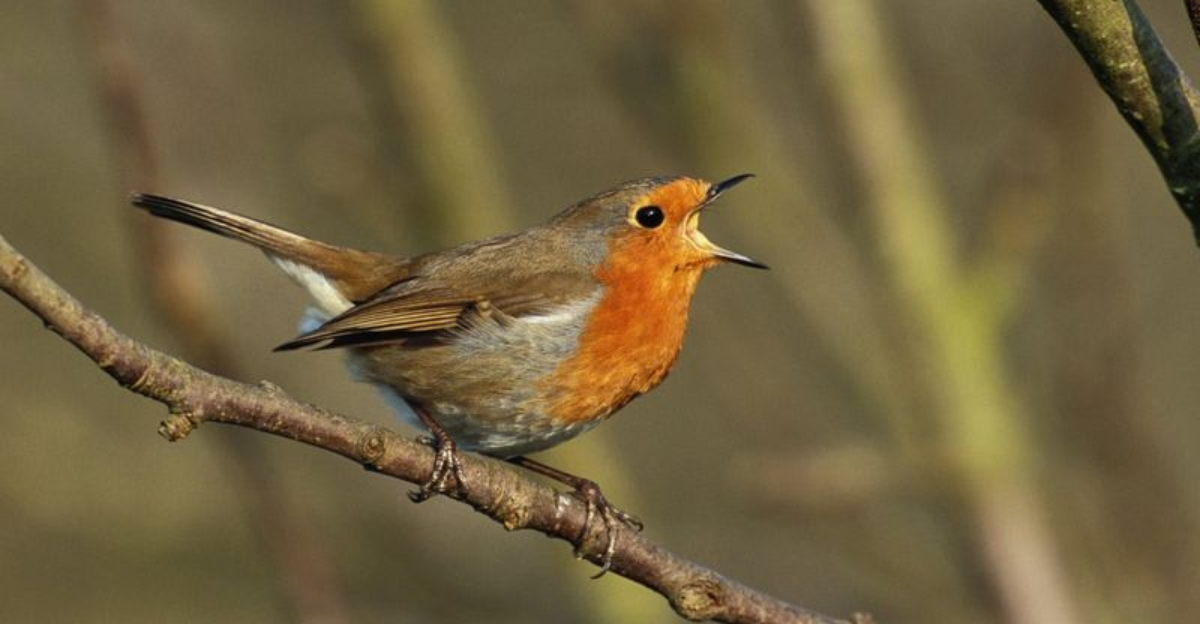
Ever wonder why city birds seem more frazzled than their country cousins? Urban noise pollution isn’t just annoying to humans – it’s wreaking havoc on our feathered friends in ways you’d never imagine.
From altered singing patterns to complete habitat abandonment, birds are experiencing the equivalent of road rage due to our noisy city lifestyles. The effects are both surprising and concerning for anyone who cares about wildlife.
1. Screaming Matches: Birds Sing Louder To Be Heard
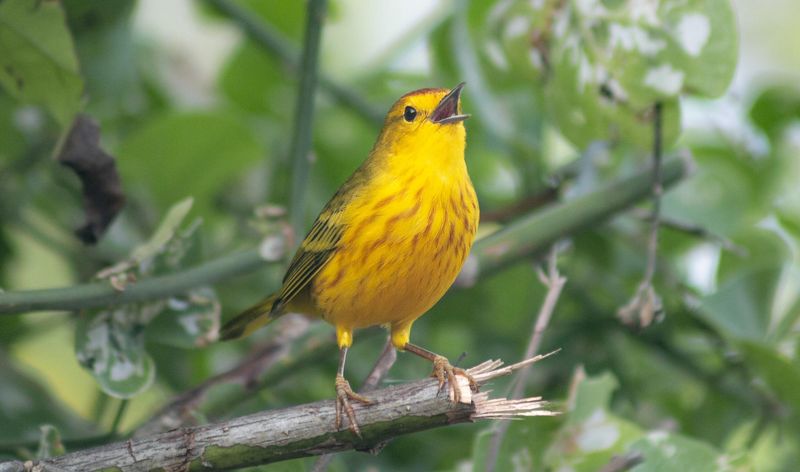
Just like you might raise your voice at a crowded party, birds crank up their volume in noisy environments. Research shows some urban birds sing up to 20 decibels louder than their rural relatives.
This vocal strain can damage their delicate vocal structures over time. Imagine shouting all day, every day—that’s the reality for robins, sparrows, and finches living near busy roads.
2. Pitch Perfect Problems: Higher-Frequency Songs

Traffic rumble typically occurs at lower frequencies, so clever birds have adapted by singing at higher pitches to avoid being drowned out. Great tits and robins living in cities have developed significantly higher-pitched songs compared to their forest-dwelling relatives.
Unfortunately, these altered songs can affect mate attraction, as females may not recognize these modified tunes.
3. Night Owl Syndrome: Disrupted Sleep Patterns
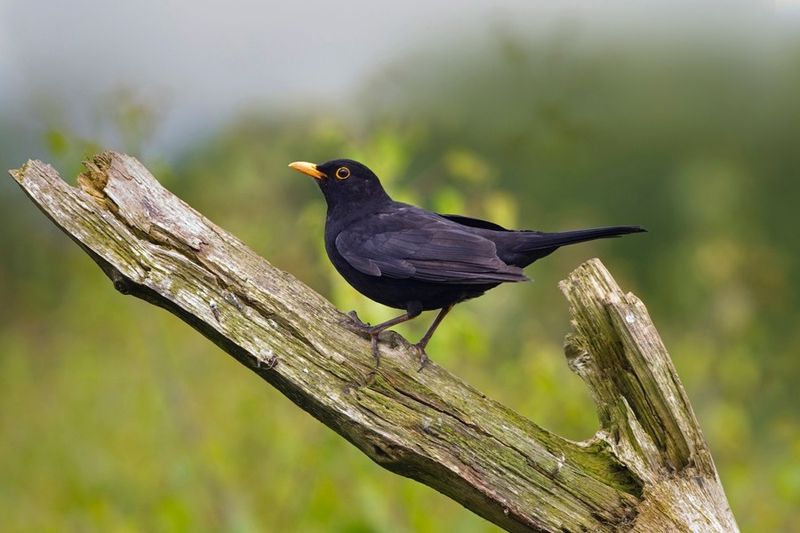
Birds aren’t so different from humans when it comes to needing quality sleep. City noise disrupts their rest cycles, leading to exhausted birds with weakened immune systems.
European robins in noisy areas often sing at night instead of dawn, completely flipping their natural schedule. This change affects everything from their hunting success to their ability to avoid predators during unusual active hours.
4. Breeding Blunders: Reduced Reproductive Success

Noise pollution creates a reproductive nightmare for birds. Studies of great tits near highways showed females laid fewer eggs and males attracted fewer mates when surrounded by traffic noise.
The constant din masks the critical calls between parents and chicks. Baby birds often starve because they can’t hear their parents announcing food arrival, while parents miss hearing hungry chicks’ begging calls.
5. Stress Overload: Elevated Stress Hormones

Birds living near airports and highways show cortisol levels comparable to those experiencing a constant predator threat. This chronic stress weakens their hearts and compromises their immune systems.
A fascinating study on zebra finches revealed that those exposed to traffic noise for just three days showed significant weight loss and behavioral changes. Their bodies were essentially in fight-or-flight mode non-stop.
6. Abandonment Issues: Habitat Desertion
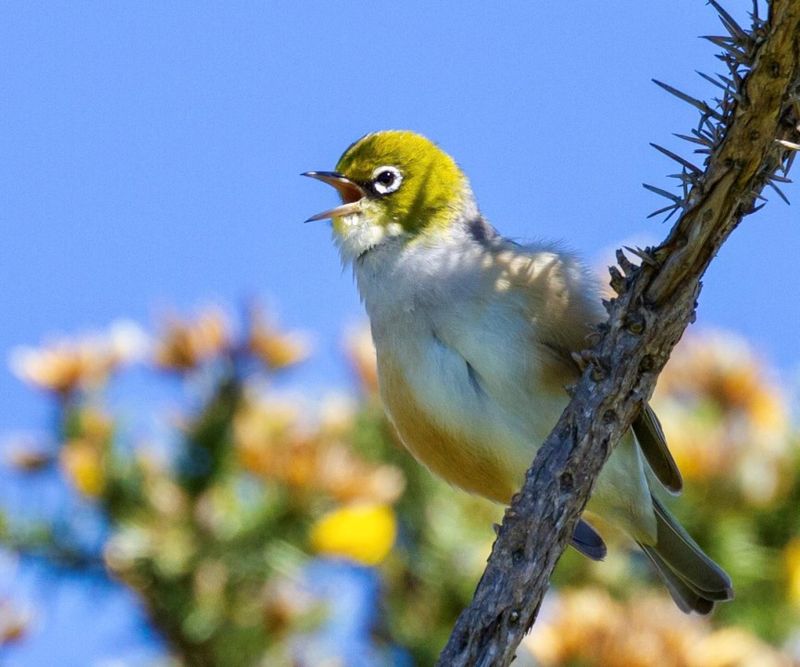
Some bird species simply can’t tolerate the racket and abandon otherwise suitable habitats. Woodpeckers, owls, and many warblers disappear from areas once construction or traffic noise reaches certain levels.
This exodus creates urban biodiversity deserts where only the most noise-tolerant species remain. The pattern creates ripple effects through entire ecosystems as insect populations surge without their natural predators.
7. Memory Fog: Cognitive Impairment
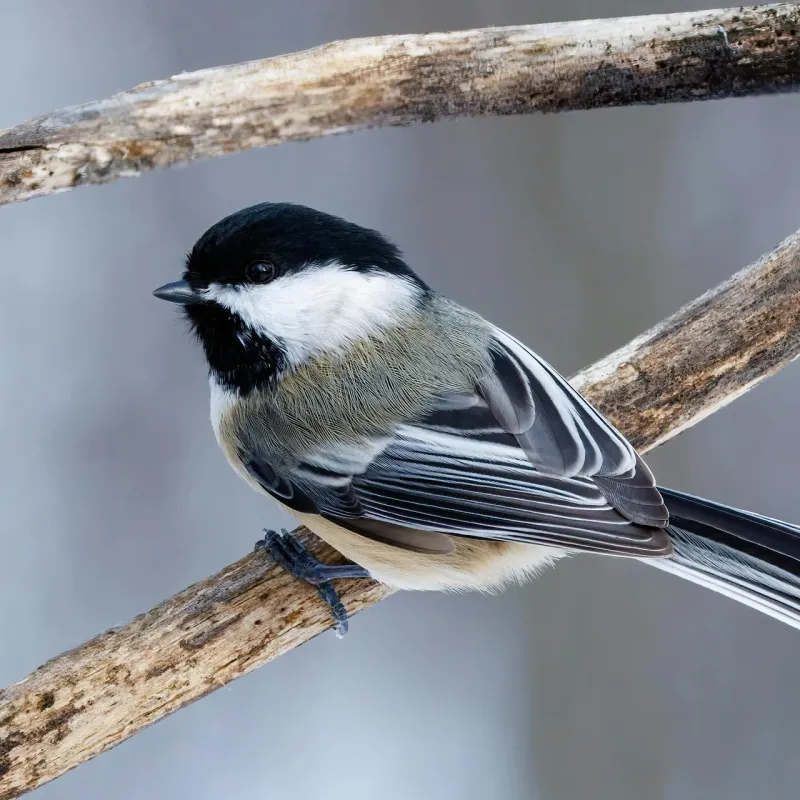
Birds rely on sharp minds to remember food cache locations and navigate migration routes. Constant noise exposure has been linked to memory problems and learning difficulties in several species.
Chickadees exposed to recorded traffic noise in experiments took twice as long to learn simple food-finding tasks. Think of it as bird brain fog—the same way humans struggle to concentrate in noisy environments.
8. Missed Alarms: Predator Detection Failures
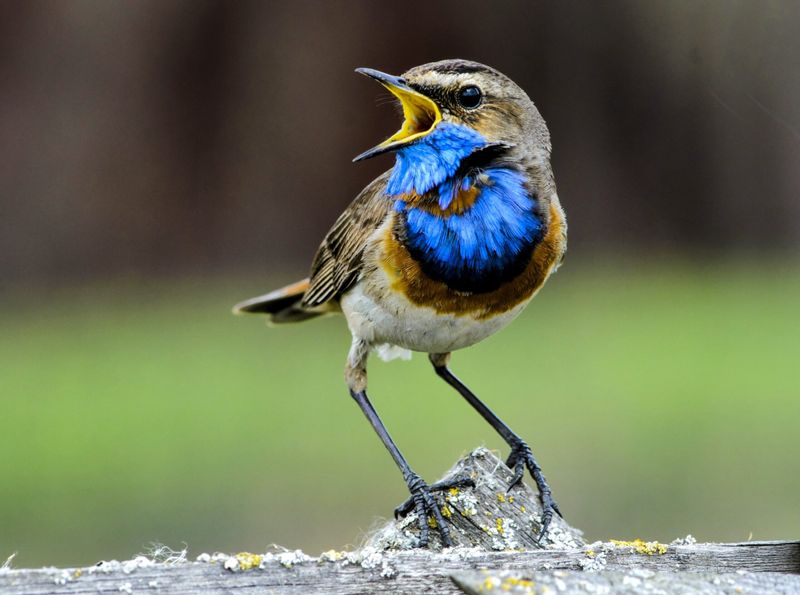
Birds communicate danger through alarm calls that alert the flock to approaching predators. Noise pollution masks these crucial warnings, leaving birds vulnerable to attacks they would normally avoid.
A heartbreaking study showed that chaffinch nests near highways suffered 30% higher predation rates. The parents couldn’t hear approaching threats or warning calls from neighboring birds, resulting in devastating losses.
9. Communication Breakdown: Misunderstood Messages

Birds are social creatures with complex communication systems. City noise garbles their messages, causing relationship problems within flocks and between potential mates.
Male songbirds may sing their hearts out to impress females, but if key parts of their songs are drowned out by a passing truck, they might as well be speaking a different language. This leads to fewer successful pairings and declining populations.
10. Feeding Frenzy: Altered Foraging Patterns

Birds hunting by ear, like owls and thrushes, struggle to locate prey in noisy environments. Many shift to visual hunting or change their feeding times to quieter periods, often with less success.
Urban thrushes have been observed abandoning their signature earthworm-hunting technique of listening for movement underground. Instead, they spend more energy on less efficient foraging methods, leading to nutritional challenges.
11. Personality Shifts: Bolder, More Aggressive Behavior
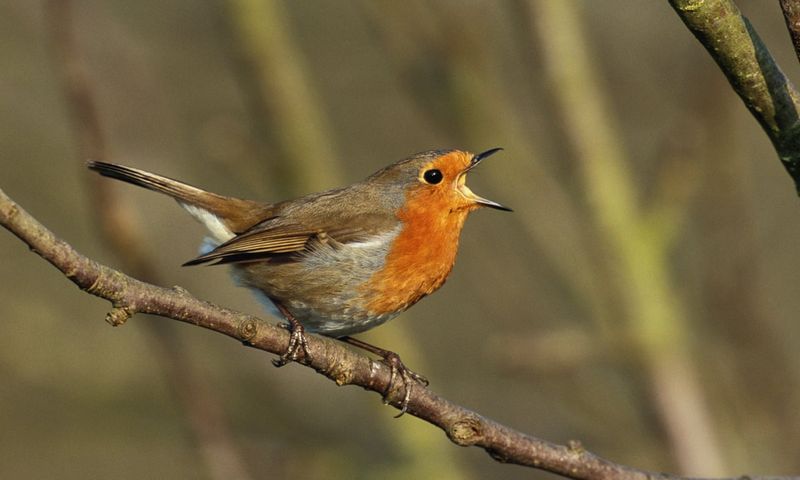
Urban noise creates bird bullies! Sparrows and finches in noisy areas show increased aggression toward competitors and more risk-taking behaviors than their countryside counterparts.
Scientists believe this personality shift occurs because birds must compete harder for limited resources when communication is compromised. They also become desensitized to potential dangers when constantly surrounded by alarming sounds that turn out to be harmless.
12. Evolutionary Fast-Track: Rapid Adaptation
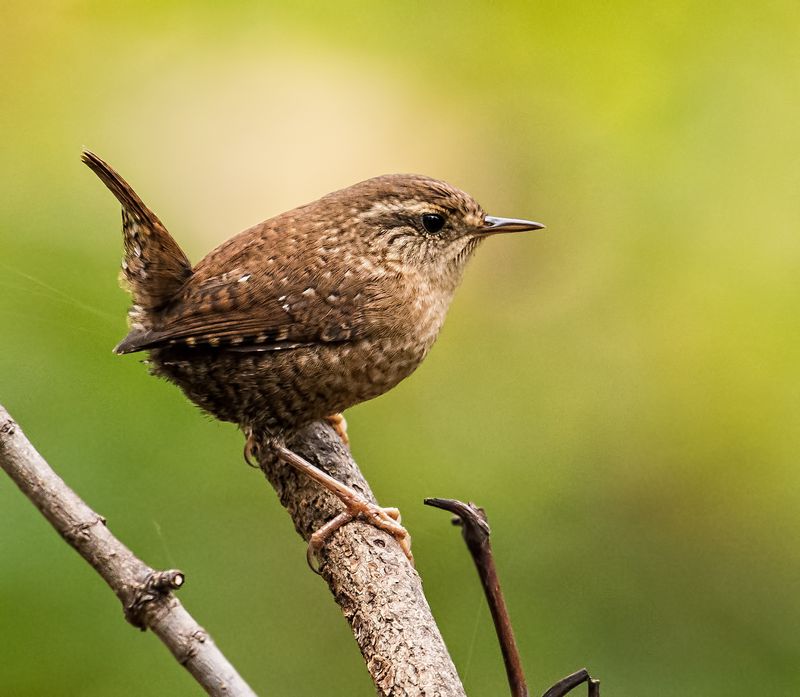
Perhaps most fascinating is how quickly some birds are evolving in response to urban noise. European blackbirds have developed shorter songs with fewer low-frequency notes in just a few generations.
This rapid adaptation shows nature’s resilience but comes with costs. Birds that can’t adapt quickly enough disappear from urban areas, reducing genetic diversity. We’re witnessing evolution in real-time, driven by our human-created soundscape.






